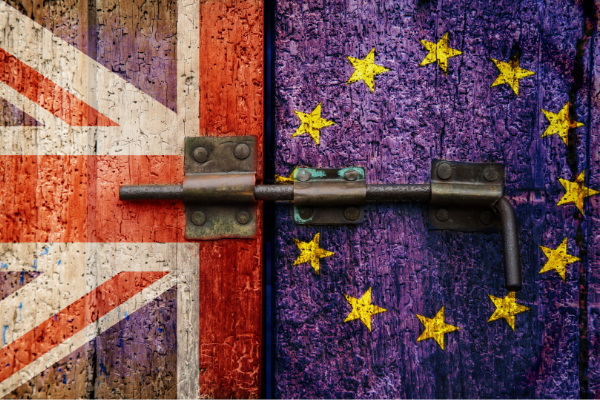BY:
SHARE:

Suppliers are understandably reluctant to push the burden of compliance onto their customers, and since Brexit, it has been common for UK suppliers to register for VAT in the EU country to which they are selling goods.
While the UK was a member state of the EU, selling to a customer in the EU was relatively straightforward. If the customer was VAT-registered in the EU, and the UK supplier held proof of dispatch of the goods from the UK, the sale was zero-rated. An entry would need to be made on an EU sales list, and possibly also an Intrastat entry, but this was usually all that was needed. The EU customer did not usually have to pay import VAT, although acquisition tax might have to be accounted for via the customer’s VAT return in their own country.
How did this change on 1 January 2021? A sale of goods which are dispatched to the EU from Great Britain is now treated as an export and will be zero-rated if the goods leave Great Britain within three months after the date when the customer makes full payment. But this leaves the EU customer with the burden of import formalities, involving paperwork, as well as the payment of import duty and VAT (although whether VAT is actually payable, will depend on whether the government in the country of import has adopted postponed import VAT accounting).
*Note that the old rules still apply to goods being dispatched from Northern Ireland.
Suppliers are understandably reluctant to push the burden of compliance onto their customers, and since Brexit, it has been common for UK suppliers to register for VAT in the EU country to which they are selling goods. For example, a UK supplier with a customer in Germany may opt to register for VAT in Germany. The goods will be exported from the UK (normally zero-rated), and the UK supplier will take on the burden of importing the goods into Germany. The UK supplier may be liable for import duty and VAT in Germany (Germany currently does not have a postponed import VAT system). The import VAT will be reclaimable via the UK supplier’s German VAT return, and when the goods are sold to the German customer, German VAT will be due. As far as the German customer is concerned, it will be like buying from a German supplier.
UK suppliers will have to find someone to help them to register for VAT in Germany. It will also be necessary to complete periodic German VAT returns. Many suppliers find that the costs are worth incurring if they can retain their German customers.
While you are here you may be interested in some Strong & Herd LLP training courses related to this topic, we offer a wide range of high quality training courses to support all importing and exporting activities.
Beginners Guide to Export Development
Focus On: Northern Ireland - The Movement of Goods
Focus On: Temporary Imports & Exports
OneCall™ Email assistance as and when required; A one-call solution for all your import, export and customs enquiries. Export help. Import help. Customs help.
Stay informed about customs and international trade matters by subscribing to our OneCall™ service. This comprehensive offering includes a dedicated email helpline for support, timely practical updates direct to your inbox (Did You Know?), monthly UK Customs & Trade Briefings and access to an interactive members' area with an exclusive community for our subscribers.
International Trade Updates & Spotlight Newsletter
Subscribe to our free information emails covering international trade topics...
MORE INDUSTRY INSIGHTS...









